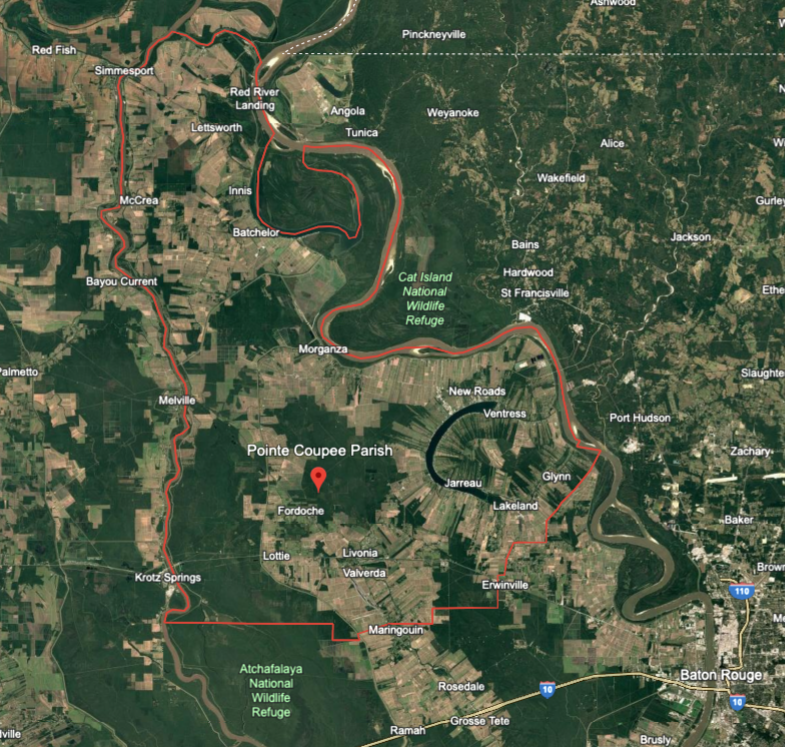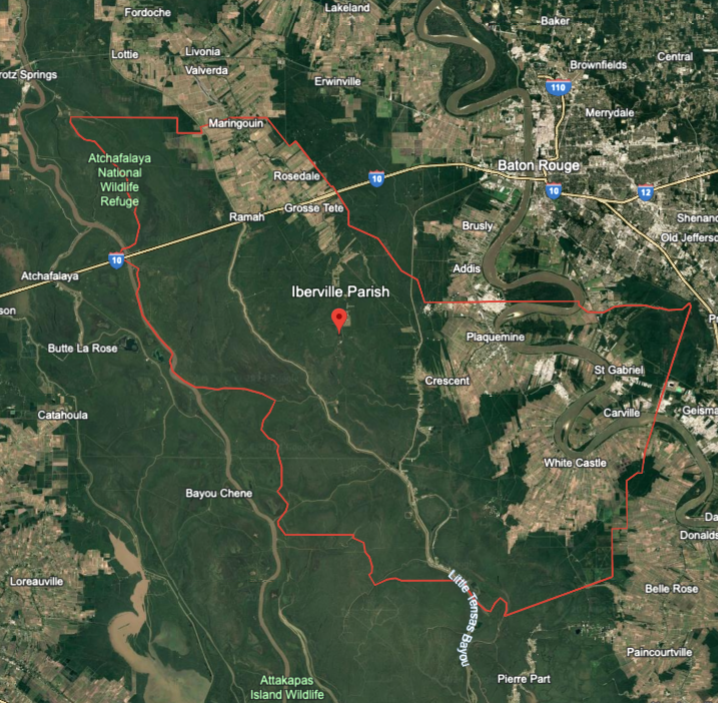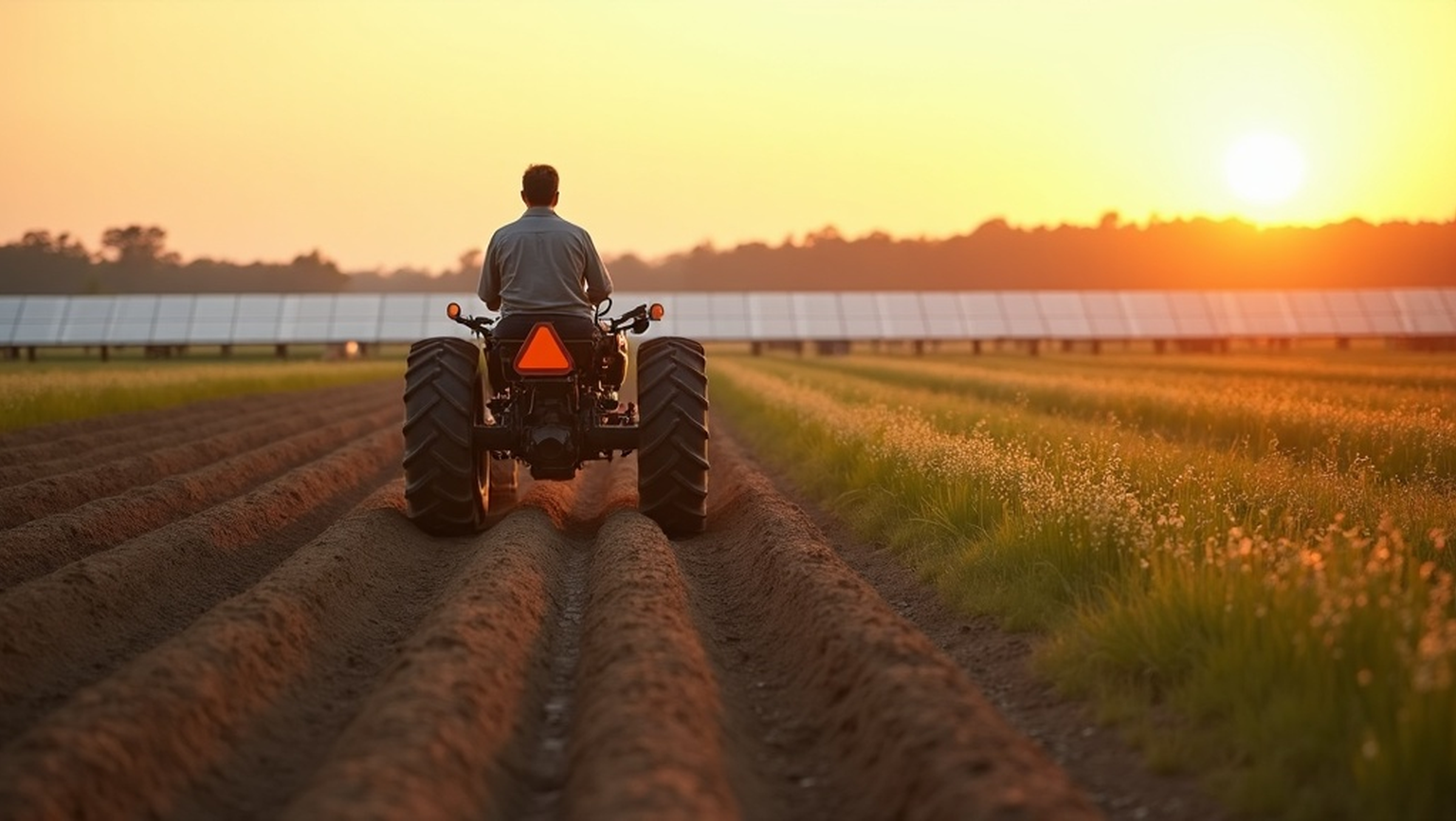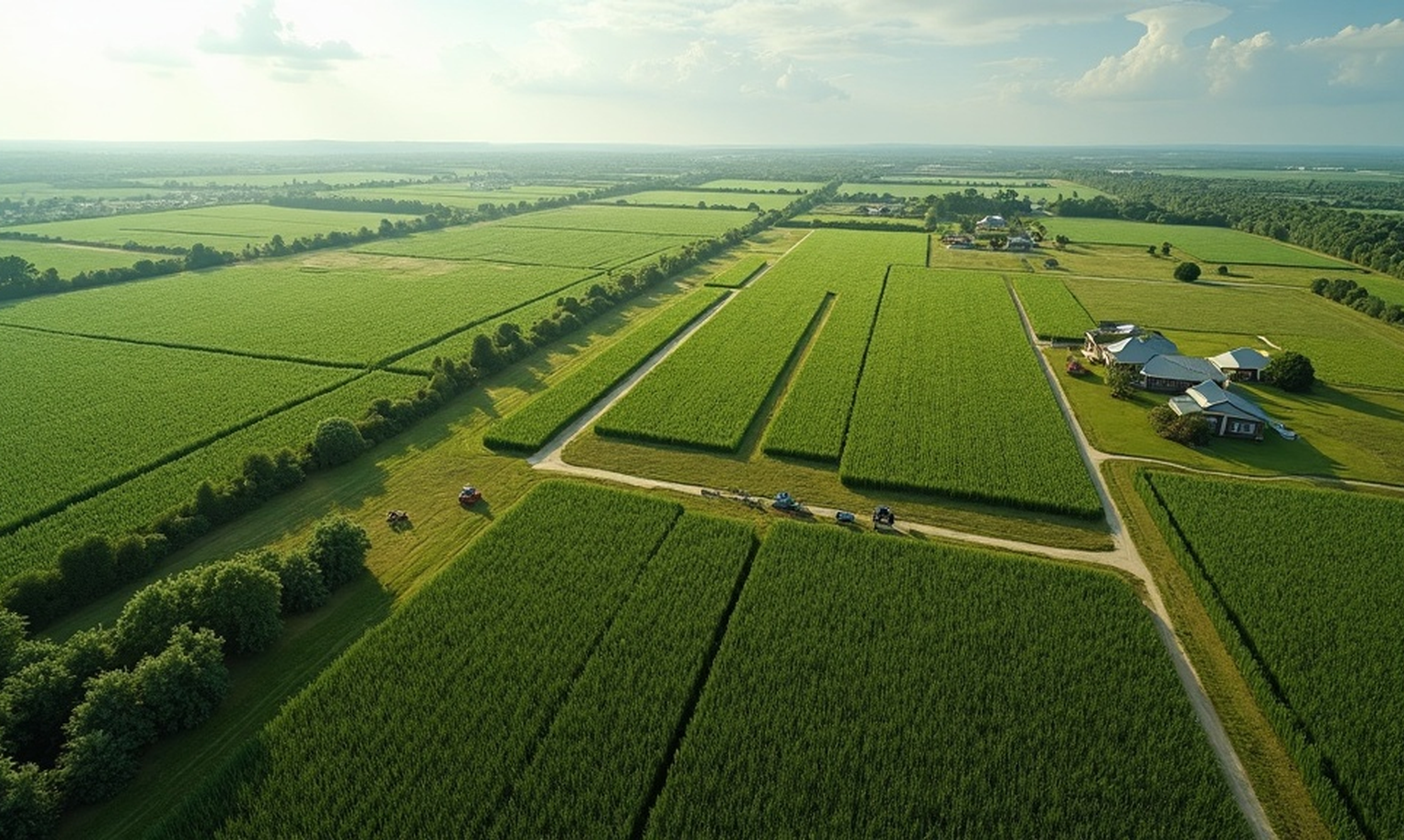In the race to transition to clean energy, renewable developers face an often-overlooked challenge: obtaining a social license to operate. While the concept of social license has been well-understood in extractive industries like oil and gas for decades, the renewables sector—particularly solar—has been slower to recognize its importance.
This oversight stems, at least in part, from a common misconception that high levels of public support for clean energy naturally translates to local community approval. Recent years have disproved this assumption, as evident in the rising tide of negative local sentiment, which presents a significant hurdle to the clean energy transition both in the U.S. and internationally.
Understanding Public Support vs. Local Community Approval
First, it’s important to distinguish between overall public support and local community acceptance. A 2021 CSIRO Energy study on large-scale solar acceptance in Australia revealed a complex picture of public attitudes.
While renewable energy generally enjoys high public support—with 88% of people reporting they would at least tolerate living within 10 km of a large-scale solar farm—this doesn’t guarantee local approval for specific projects. In fact, only 32% of respondents would approve of a solar farm being built near their home. This significant gap between actual approval and general tolerance highlights major challenges for achieving local acceptance of solar developments.
The same dynamic holds true in the U.S. Take Louisiana as an example, where a 2024 survey revealed that 72% of residents support expansion of solar panel farms in the state. However, this broad support doesn’t necessarily translate to local acceptance, as evidenced by the stark contrast between two adjoining parishes’ reactions to proposed solar projects.
Iberville Parish and Pointe Coupee Parish are both largely rural parishes located in south-central Louisiana, situated along the Mississippi River, and part of the Baton Rouge Metropolitan Statistical Area. Agriculture plays a significant role in both parishes’ economies and landscapes, although Iberville has diversified its economy with a strong manufacturing base that has grown over the past decade.
Despite sharing both a border and agricultural emphasis, these two parishes have vastly different attitudes towards large scale renewable development—with Iberville Parish strongly opposing what Pointe Coupee Parish has welcomed. This divergence illustrates the complexity of local sentiment and the need for a more nuanced understanding of community dynamics to accurately assess the risks associated with different siting decisions.
Pointe Coupee Parish: Embracing Solar Energy

Pointe Coupee Parish has emerged as a shining example of how solar energy projects can be successfully integrated into a community. The parish council strongly supports solar development, unanimously approving a building permit for NextEra Energy’s 150 MW solar farm. This positive attitude towards solar energy is bolstered by the success of existing projects in the area.
The 345 MW Oxbow Solar project (formerly known as Ventress Solar), developed by Lightsource bp has already made a significant impact on Pointe Coupee Parish’s economy. During its construction phase, it created approximately 400 jobs, providing a boost to local employment. Moreover, the project is estimated to generate $30 million in revenue for the parish over its lifetime, contributing substantially to the local economy.
Building on this success, NextEra’s upcoming Mondu Solar project is poised to bring even more benefits to Pointe Coupee Parish. With an expected investment of $230 million, the project promises to create over 200 construction jobs, further stimulating the local economy.
Local leaders have vocally supported these developments. Councilman Kurt Jarreau of District H expressed enthusiasm for the economic boost and renewable energy benefits that these projects bring to the area. This positive sentiment from both leadership and the community has created a favorable environment for solar development in Pointe Coupee Parish. They anticipate more solar projects in the future and proactively developed a more comprehensive ordinance for regulating and approving them in May of this year.
Iberville Parish: A Different Perspective

In stark contrast to its neighbor, Iberville Parish has seen significant opposition to a proposed solar project by NextEra Energy, in partnership with Entergy Louisiana. The project, which would involve 175 MW and produce renewable energy for 26,000 homes, represents a $250 million investment and promises to create over 200 construction jobs.
Despite these potential benefits, many residents and local leaders have expressed concerns about the project, with over 100 residents showing up to a community meeting on the subject — nearly all of the voices heard conveyed strong opposition. Those who did not speak expressed their feelings on comment cards, writing “no solar,” and even “you’re not wanted here.”
The agricultural community, particularly sugar cane farmers, drives the majority of opposition in Iberville. These residents worry about the loss of valuable farmland, expressing concerns about food supply, agricultural production, and property values. There’s a palpable fear that the solar project could disrupt the parish’s agricultural heritage and, perhaps more importantly, general rural character.
Furthermore, there’s skepticism among residents about the promised benefits of the project, such as stable electricity bills; as well as skepticism from government officials as to the broader economic benefits the project could bring to the parish. This lack of trust in the potential advantages of solar energy has contributed to the overall negative sentiment towards the proposed development.
As a final blow, Parish President Mitchell Ourso made it clear that he does not support the solar project. He expressed concern about the potential long-term negative effects on the agricultural heritage of the area and compared it unfavorably to other industrial developments, stating,
“If you want to talk about a plus, let’s talk about Shintech in the next year or two spending another $4.5 billion. This [solar project] has no economic impact, and I think it can be detrimental to our community for years to come in the White Castle area.”
Shintech is a petrochemical company that has already invested more than $7 billion in its Louisiana operations across Iberville and West Baton Rouge parishes.
Similar Soil, Different Seeds: Contrasting Community Profiles

The divergent attitudes of Pointe Coupee and Iberville parishes demonstrate how geographic proximity doesn’t always translate to shared perspectives. This case study highlights several important factors that solar developers should consider:
- Prior Experience: Pointe Coupee Parish has already implemented large-scale solar projects, allowing residents to see the benefits firsthand. Iberville Parish, lacking this experience, faces more uncertainty and skepticism.
- Economic Perspective: While both projects promise job creation and investment, Pointe Coupee Parish has emphasized the long-term economic benefits, such as revenue generation for the parish. And the recent economic loss of the Kirby Barge Line in Pointe Coupee makes future solar development prospects even more appealing. In Iberville Parish, with a more robust economy than Pointe Coupee and already substantial tax revenues from non-agricultural industries, the focus has remained on the loss of farmland.
- Leadership Stance: The support of local officials in Pointe Coupee Parish has been crucial in fostering a positive attitude towards solar development. In contrast, the reported opposition from Iberville Parish’s leadership aligns with and potentially reinforces community concerns.
- Land Use Priorities: In Iberville Parish, there’s a strong emphasis on preserving agricultural land, reflecting the community’s values and economic priorities. This contrasts with Pointe Coupee Parish’s apparent openness to diversifying its economic base through solar energy.
- Community Identity: In Iberville Parish, residents seem to share a strong collective identity tied to their agricultural heritage, despite having a more modernized economy. There’s a clear “us vs. them” dynamic between local residents and the outside company proposing the solar project; and the community’s industrial wealth may contribute to less perceived need for change among its residents. The shared identity of Pointe Coupee Parish, on the other hand, predominantly lies in the vibrant Creole culture and heritage of the people — and is potentially less attached to the identity of the location itself, as a result.
The Challenge for Renewable Developers
As the renewable energy sector grows, maintaining social license becomes increasingly complex. Each new project faces scrutiny not just on its own merits, but in the context of every other renewable project that came before it. This compounding effect means that developers must be more diligent in their due diligence process, as well as their community engagement efforts.
Moreover, the socio-economic dimensions of project development cannot be overlooked. In some areas, the promise of economic benefits like job creation or tax revenue can outweigh concerns about visual impacts. However, managing expectations is key to maintaining trust.
A final note of caution: While Pointe Coupee’s government supports solar projects for potential tax revenue, community sentiment remains mixed but largely ambivalent. This reveals a potential weakness for future renewable project proposals, despite the existing government’s support. Developers must proactively build local support to prevent opposition from spreading between parishes and insulate themselves from potential risks to future development opportunities.
A New Approach to Community Engagement
At Flypower, we recognize that obtaining a social license to operate is just as critical as securing building and electrical permits. Our approach leverages Generative AI to help renewable energy developers predict local community risks during due diligence and guide their community engagement strategy to secure approval.
By processing data from diverse sources—including government meetings, zoning rules, social media, and local news—our reports and advisory services provide invaluable insights into community attitudes and regulatory landscapes. This empowers developers to manage risks proactively and increase project success rates.
The tales of Iberville and Pointe Coupee parishes underscore the critical importance of assessing and addressing community sentiment during the due diligence stage of solar development projects. Developers must recognize that each community has unique concerns, priorities, and experiences that shape their attitudes towards solar energy.
In the evolving landscape of renewable energy development, understanding and addressing local community concerns is not just good practice—it’s essential for the successful transition to a clean energy future.
Ready to power your renewable energy project while fostering community support? Don’t let local concerns derail your clean energy goals. Partner with Flypower today and turn challenges into opportunities. Contact us to discover how we can guide you through community engagement and accelerate your renewable energy success.
Ready to revolutionize your approach to community acceptance?
Contact Flypower today and secure your project’s future.


